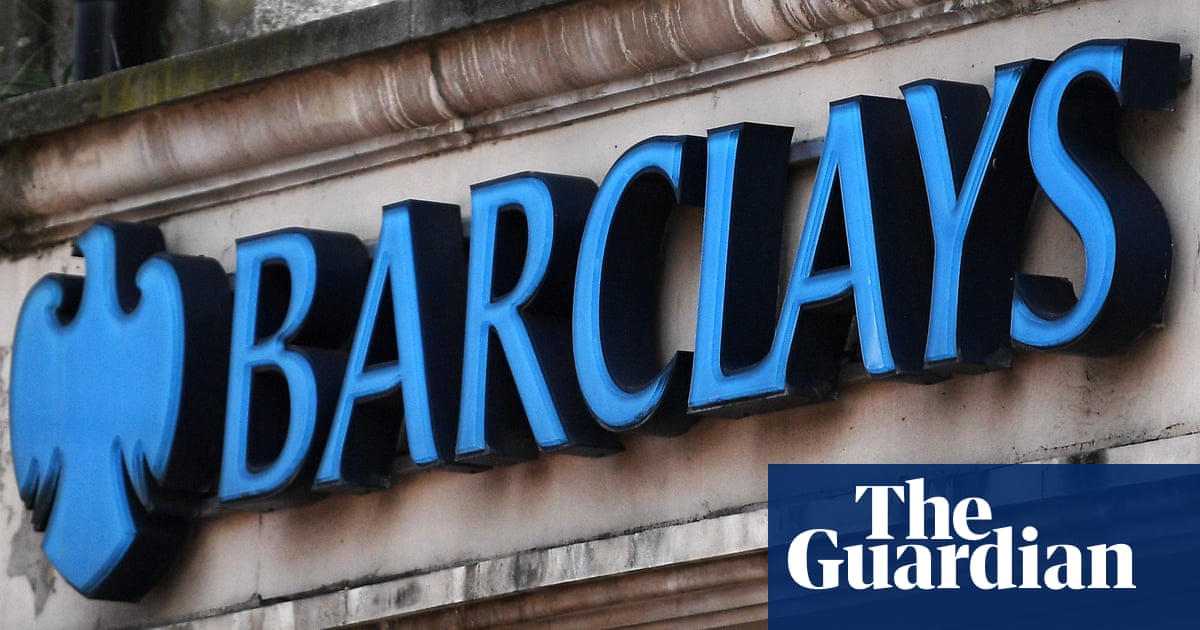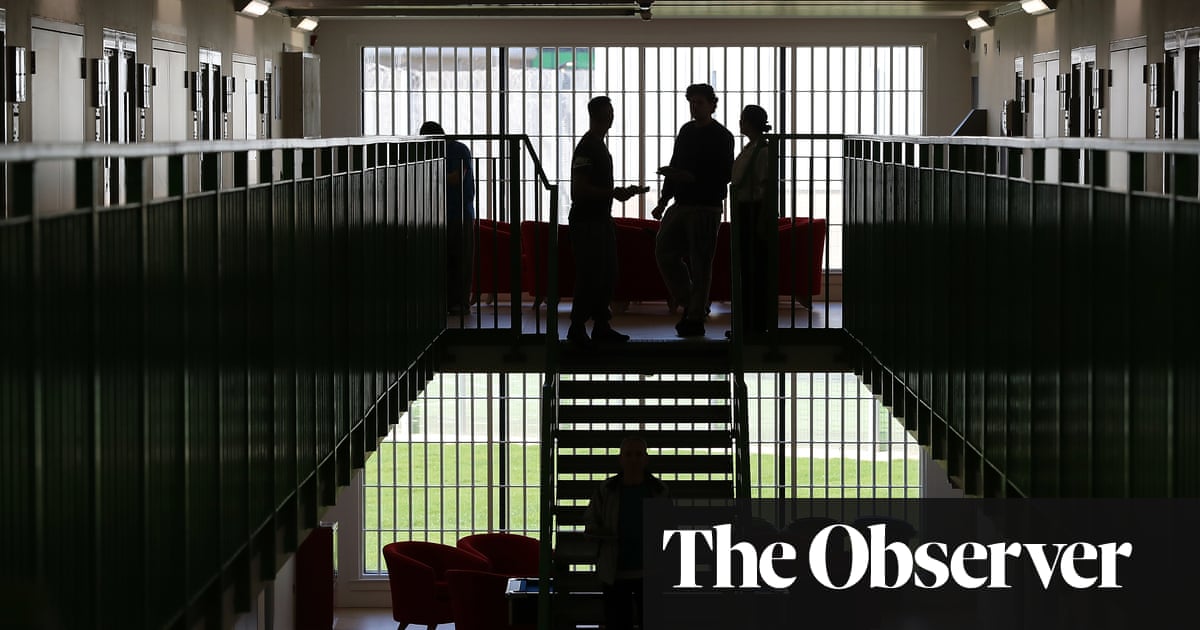
Barclays has avoided nearly £2bn in tax via a lucrative arrangement in Luxembourg that allowed it to pay less than 1% on profits in the tax haven for more than a decade.
A Guardian analysis of Barclays’ tax bills shows it is still benefiting from a controversial decision in 2009, in which it booked profits from the $15.2bn sale of a fund management business in Luxembourg rather than in the UK where it is headquartered.
By booking the profits overseas, Barclays was able to take advantage of a complex scheme whereby it could offset future profits against a drop in the value of company shares it acquired as part of the deal.
The decision has resulted in Barclays earning billions of pounds nearly tax-free for more than 12 years, and has raised questions about whether it influenced the bank’s strategy in investing or growing the Luxembourg business at the expense of other locations, including the UK.
The senior Labour MP Margaret Hodge said: “These revelations that Barclays is using a scheme in an infamous tax haven leaves the British-headquartered bank with important questions to answer.
“Why is Barclays setting up shop in Luxembourg at all, other than to avoid tax? Does this artificial financial arrangement mean that profits are shifted away from the UK, thus harming our tax coffers? Or have business investments been channelled through this tax haven instead of in Britain, harming our economy in the process?”
Barclays employs only 54 staff in Luxembourg, but it is currently the bank’s third most profitable jurisdiction behind the US and UK, with turnover of £1.1bn last year. Low staff costs mean Barclays can turn nearly all of that income from corporate and investment banking into profit.
The bank has 46,000 staff in the UK and nearly 10,000 in the US.
Cumulatively, Barclays’ Luxembourg operations have made £6.6bn in profits since 2013, according to annual tax documents released by the bank. Thanks to the generous tax arrangement, it has paid only £46m on those earnings, or about 1%.
Barclays could have been taxed between 25 and nearly 30% had it not taken advantage of rules allowing it to offset losses linked to $9bn-worth of shares acquired through the sale of its Barclays Global Investors (BGI) business to the US fund manager BlackRock in 2009.
It means the bank could have saved £1.8bn in tax over the period, though the collective savings are likely to be much higher because it only started releasing country-by-country tax information in 2013 in response to EU rules. Reuters first revealed the tax arrangement in 2016, but the extent of the benefits were not known.
Barclays has not referenced the BGI deal by name in its annual tax reports, but has said for years that its low tax bills are because of previous losses.
“We paid no corporation tax in Luxembourg in 2021 as our taxable profits were offset by substantial tax losses brought forward from prior years, and also due to dividend income not being taxable under Luxembourg law”, its 2021 report stated. “We have unused tax losses which are automatically carried forward, and available to offset against future taxable profits.”
Barclays said in a statement: “The structure of the BGI sale was not aimed at securing a tax reduction but intended to secure a simpler and more certain tax treatment and avoid volatility in the bank’s regulatory capital.” It said it had not booked any profits from other jurisdictions in Luxembourg, and stressed that it paid more than £14bn in taxes in the UK over the past decade.
Barclays’ Luxembourg operations, which were established in 2007, have courted controversy before. The bank’s former chief executive Antony Jenkins pledged to shut down a unit in the Grand Duchy that helped wealthy customers avoid tax in 2013.
At the time, the bank was reporting profits of around £1.4bn, about £100m for each of the 14 people employed there. The winding down of the unit resulted in a drop in local profits in subsequent years, falling as low as £318m in 2018.
Barclays, however, announced fresh investment in 2019, helping profits rebound to more than £1.1bn by 2020. It involved expanding services for its multinational clients, despite its staff base only increasing to just over 50 employees.
Today the bank offers a range of services out of Luxembourg, which it said was focused on serving local clients and offering cash management, debt, foreign exchange and trade finance.
This article was amended on 9 May 2022 to clarify the range of possible tax rates Barclays could have faced, and amend the total potential savings accordingly to £1.8bn rather than £1.9bn












